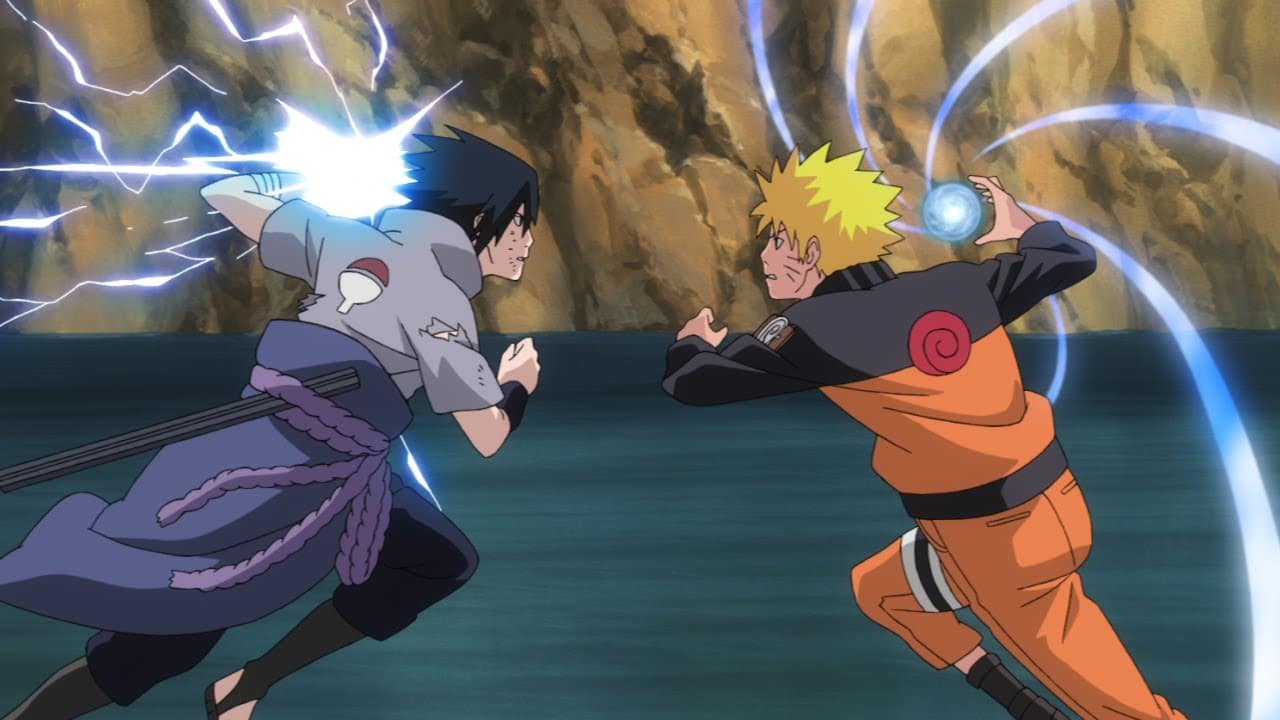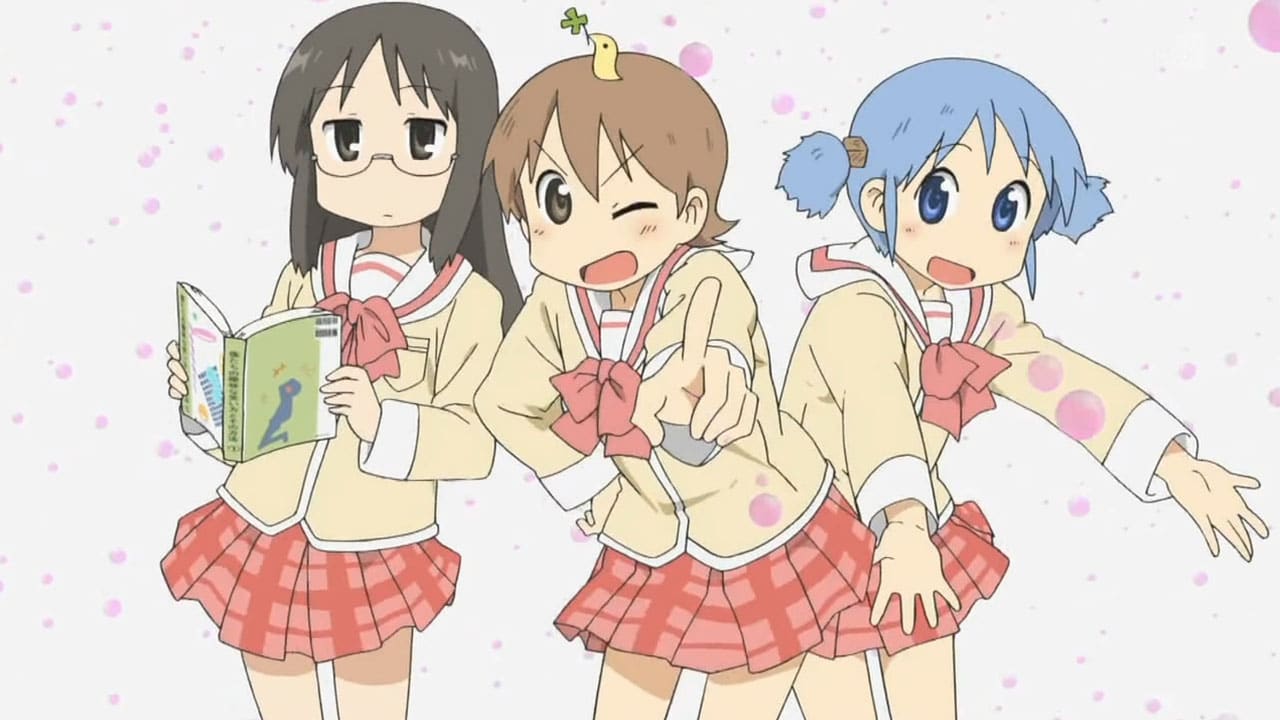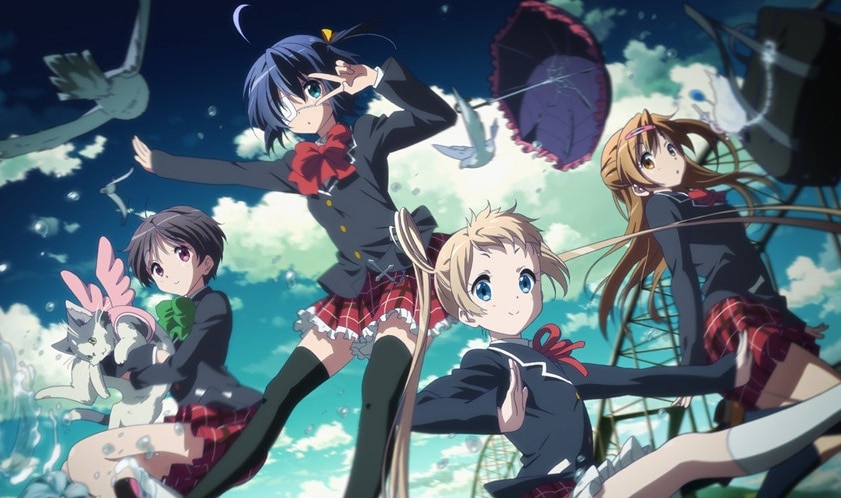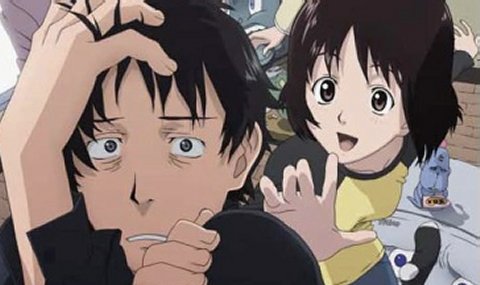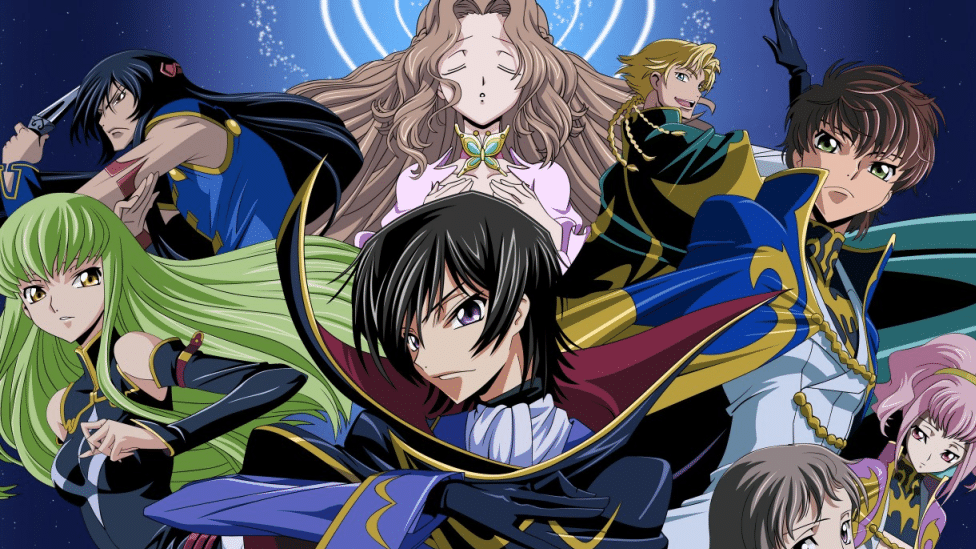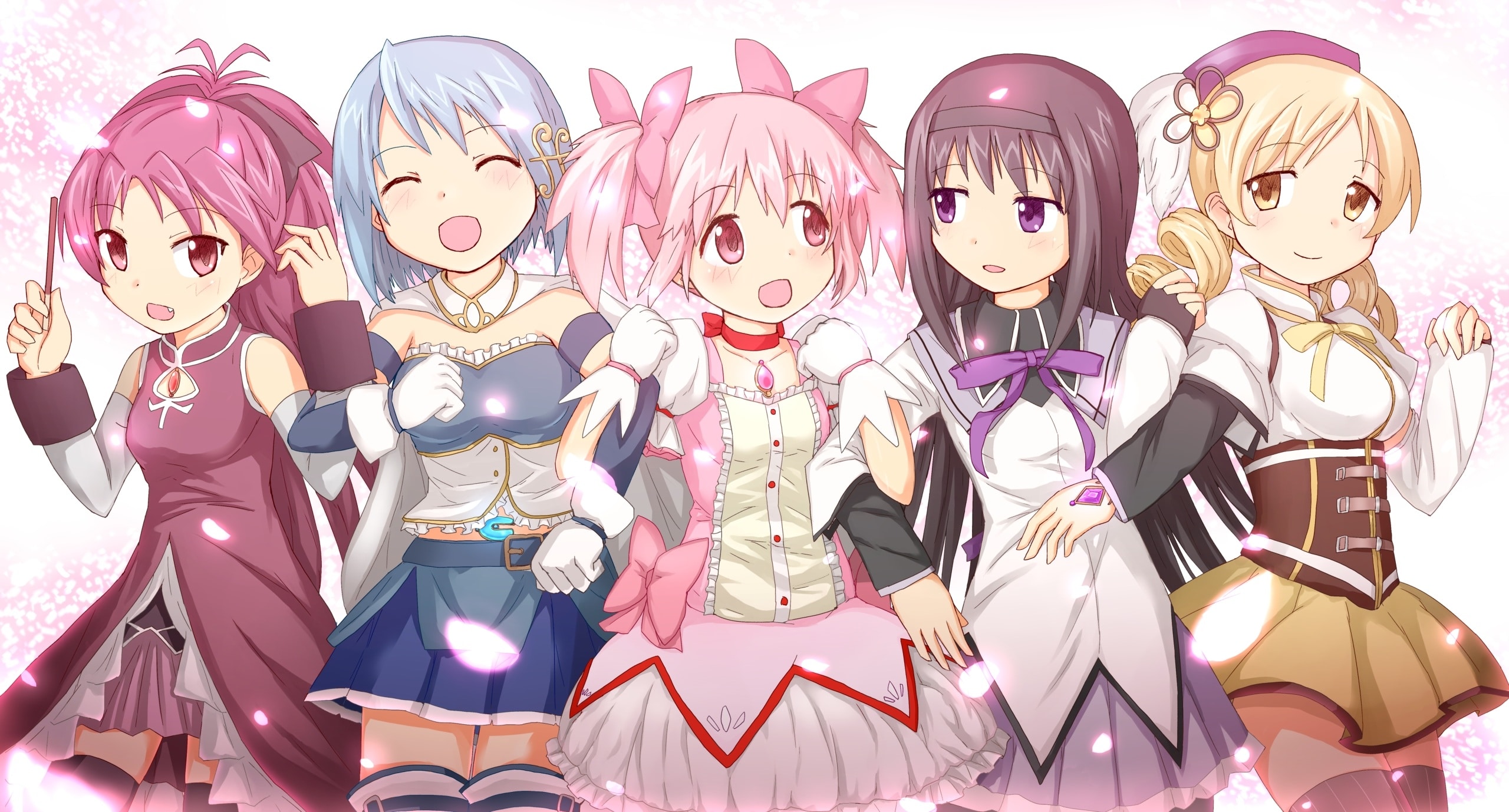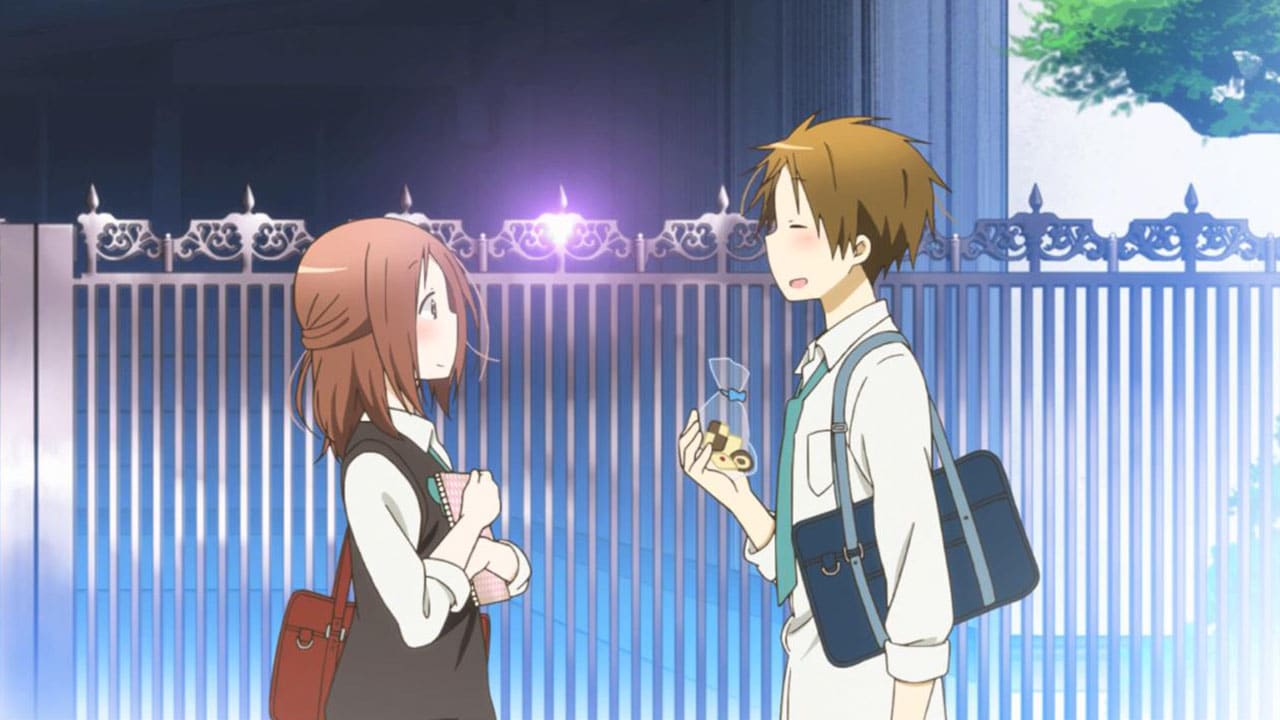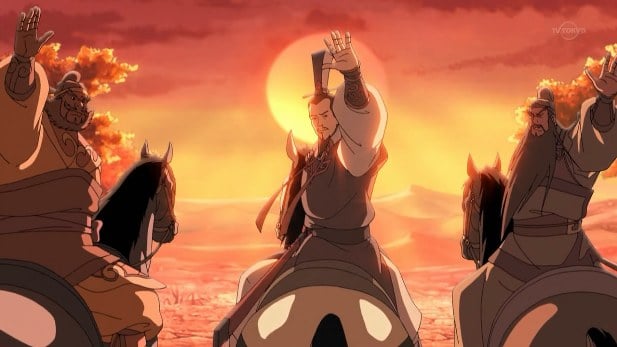
Learn Japanese Through Anime: 8 Genres You Should Know
Learn Japanese by watching anime.
It’s one of the most appealing methods to learn Japanese (up there with language exchanges, movies and manga) and the dream of every おたく (nerd, geek) striving to study the language.
There is always the choice of watching mainstream series that everyone knows, like “Naruto,” “One Piece” and “Case Closed,” but that’s not always the best choice for learning the Japanese language.
Remember: If you plan on taking this seriously, your first objective should be to learn the language, not just enjoy the show.
Contents
- What Are the Genres, and Why Are They Important?
- How to Decide Which Genre to Watch for Japanese Learning
- Enjoy Anime for What It Is
- And One More Thing...
Download: This blog post is available as a convenient and portable PDF that you can take anywhere. Click here to get a copy. (Download)
What Are the Genres, and Why Are They Important?
That’s where genres come in. Genres are different categories of works, based on the subject matter and how it is presented. What characteristics of the mystery novel make it what it is? A yet-to-be-discovered secret that serves as the basis of the plot and the characters that pursue it.
And there are typical styles of speech and vocabulary that recur, such as accusations and denials, and court/forensics/police terminology.
Anime is no different. Each genre has its own characteristics that make it unique, and will take you in a different direction when trying to learn Japanese.
Of the many genres there are out there, here are eight that’ll give you a head start on how to decide which anime to use for learning Japanese.
1. Action
The action genre is characterized by a lot of movement of the characters. Dialogue is often brief and composed of interjections, battle cries and shouting character names.
In this sense, the action genre can be useful for trying to pick up words. Just don’t get swept into their pace; you’ll find that speech will be somewhat faster and more intense, and some words, like the attack names used in “Naruto,” won’t really help you learn the Japanese language.
Overall, it’s a good genre to get used to hearing the Japanese language, and try a few new interjections; maybe you can learn to scream “キャー!” (きゃー!) when you go to the theaters next time.
Notable Action Anime: “Naruto,” “Bleach,” “One Piece,” “Sword Art Online” and “Rurouni Kenshin.”
2. Comedy/Slice-of-Life
Probably the most verbose of all anime genres, the comedy genre is characterized by jokes, obviously, usually in a real-life setting. Pacing of speech is relatively fast, but more relaxed than action. Japanese anime jokes go four ways: the clean jokes, the dirty jokes (mostly sex jokes), parody jokes and the rom-com (romance/comedy).
Clean jokes are fairly simple; you’ll find them in multiple genres, and they can make good practice material when speaking Japanese to a teacher or peer.
If you can deliver a joke properly to someone who hasn’t seen the show, then that will demonstrate a good grasp of sentence structure and perspective—which will greatly enhance your language skills. At the same time, clean jokes are often based on puns, which will help you to better memorize different words.
As far as dirty jokes go, culturally speaking, don’t tell them unless: a) you’re really drunk and there’s nobody of the opposite gender around you, b) your audience is the same age as you or c) it’s all between おたく. Otherwise, saying them is basically taboo, and definitely not advised.
Meanwhile, parodies are only interesting when you know the source material. Typical parodied works include “Gundam,” “Neon Genesis Evangelion” and “Initial D,” seen in shows like “Lucky Star,” “Seitokai no Ichizon” and “Sgt. Frog.” However, dirty jokes and parodies won’t help much on enhancing your language, so it’s best to stay clear from them; go focus on clean jokes instead, just understanding them alone is guaranteed to improve your language.
And finally, the rom-com jokes. You’ll often find them in the form of a middle/high school boy surrounded by three or more cute chicks, also known as a harem, or you may find it in the form of a couple that was never meant to be. Most language used will be very basic, so it should be rather easy to pick up.
Notable Comedy/Slice-of-Life Anime: “Nichijou,” “Azumanga Daioh,” “Great Teacher Onizuka,” “School Rumble,” “Angel Beats” and “Little Busters.”
3. Drama/Tragedy
Drama and tragedy anime consist of intensely and passionately spoken lines, usually with emphasis on emotion. In that sense, this genre can be very useful to study extreme ways of speaking Japanese to convey your intent, as more than half of speaking Japanese isn’t so much about what is said, but rather how it’s said and reading between the lines (and some body language).
Be careful though, while drama and tragedy have plenty of stock quotes that seem very handy, you may notice that using them might add too much emphasis to what you’re trying to say, and will end up backfiring when your audience thinks you’re hysteric.
Notable Drama/Tragedy Anime: “Nana,” “Chuunibyou demo Koi ga Shitai!,” “Kanon,” “Air” and “Clannad.”
4. Psychological
The psychological genre usually focuses on the mind of each character. Some sub-genres of this include horror, philosophical and mystery.
Generally speaking, this genre has a tendency to use many 熟語 (じゅくご — those advanced vocab words composed of two or more consecutive kanji) and rather difficult concepts such as paradoxes and thought experiments.
For the more advanced learner of Japanese, this is a perfect opportunity to expand on vocabulary and find ways to apply them using the examples provided in the dialogue.
Notable Psychological Anime: “Another,” “Elfen Lied,” “Mirai Nikki,” “Welcome to the NHK,” “Psycho-Pass” and “Neon Genesis Evangelion.”
5. History
History anime all have settings from past times. The idea of studying history anime is much like reading Shakespeare in English class; it may not seem beneficial, but at advanced levels, there will be greater comprehension and better adaption to the language.
Typical settings are Chinese books such as “Romance of the Three Kingdoms” and “Journey to the West,” or Japanese history such as the Warring States period and the Edo period. There are also some that are based in foreign countries, notably France for the young female demographic, such as “The Rose of Versailles” and “Le Chevalier D’Eon.” Of course, there are some exceptions, a notable one being the anime film adaption of the drama “Oshin,” which takes place through the Showa period.
However, more often than not, anime that are based in history usually tend to have a heavy emphasis on either action, superpowers or both. And that’s where live-action dramas come in. Dramas tend to have a more realistic reflection of history, as well as word usage and vocabulary.
A drama series that I recommend for this genre is “Jin.” It was very popular at the time of its airing, much like the rather recent “Hanzawa Naoki” or “Karei-naru Ichizoku” from farther back. These are all very good drama series for advanced Japanese culture and vocabulary, and the latter two feature lots of Japanese business culture.
Notable History Anime: “Oshin,” some works in “World Masterpiece Theater” (the “Dog of Flanders” is probably most famous), and “Animated Classics of Japanese Literature.” However, do note that these are all mainly aimed at young kids; anything with an older demographic will have a greater emphasis on チャンバラ (ちゃんばら – Japanese-style sword-fighting action), so I would recommend the above series instead.
On the other hand, be careful: the works as presented in their animated form will have various changes from the original print format that each work is based on. A notable example of this (from the World Masterpiece Theater) is the lack of death of any of the characters in “Les Misérables,” especially Petit Gavroche and Javier.
6. Mecha/Military
Mecha is characterized by the presence of science fiction robots, while the military genre features uniformed military as the main characters. These usually come hand-in-hand, as seen in series such as “Gundam” and “Macross.”
While they make interesting shows, they don’t provide much practical vocabulary or language, and unless you’re going to join the military and need to learn some Japanese, there’s no point in knowing the meaning of “回れ、右!” (まわれ、みぎ!- Right face!).
I would not advise watching this genre to learn Japanese.
Notable Mecha/Military Anime: the Gundam series, “Macross” and “Code Geass.”
7. Supernatural/Magic
Supernatural and magic anime have phenomena that cannot be described scientifically.
To keep it simple, such works (especially in fantasy) tend to focus too much on describing the fictitious setting, and leave very little—if any—room to study vocabulary and language use effectively.
Again, I would not advise watching this genre to learn Japanese.
Notable Supernatural/Magic Anime: “Fate/stay night” (and perhaps its more famous prequel “Fate/Zero”), “Strike Witches,” “Puella Magi Madoka Magica” and “Ah My Goddess!”
8. Romance
The romance genre always involves… love. It comes in many forms, such as the pair that never comes together until the end, the love triangle where two fight over the same person and the love square+ (anything that’s four or more people, where everyone is fickle enough to switch feelings on a dime).
Note that I do not include rom-com in here, since the emphasis of those shows is the comedy, which is all the more evident in the tone of voice and vocabulary of the characters.
Usually, when romance is the defining genre of a work, the series will have a realistic but fictional setting. So except when the characters are blushing and stammering, this genre is notable for having the most natural language use and vocabulary.
To compare to other genres: action is too choppy, comedy is too casual, drama is overemphasized, psychological is too complex, history is too archaic and outdated and the others are too technical in the sense that they use fictitious concepts that you’ll never need to know in real life.
This is noticeable especially in daily life scenes of realistic fiction in this genre, when characters go through typical routine life and make normal interactions with other characters. Often times, you can slightly rearrange these lines and throw them into your own daily conversation.
If you can enjoy a romance, this is definitely the best genre to study from.
Notable Romance Anime: “Suki-tte Ii Nayo,” “Itazura na Kiss,” “Kaichou wa Maid-sama,” “ef: a fairy tale of the two,” “Kare Kano,” “Isshukan Friends” and “Valkyria Chronicles.”
How to Decide Which Genre to Watch for Japanese Learning
After reading about each of these genres, you might have an idea of which genre(s) you’d like to learn from. If you do, that’s perfect, go for it. But before you settle on just one title, watch clips and trailers of different anime series, and then use your best judgment to see which is actually appropriate and relevant to your learning.
To get a better idea of the language used, English subtitles are always handy. Make sure you turn on the English subtitles on YouTube. On the FluentU program, all the anime scenes, trailers and other Japanese media clips come with dual-language interactive subtitles to help you fully understand the content.
FluentU takes authentic videos—like music videos, movie trailers, news and inspiring talks—and turns them into personalized language learning lessons.
You can try FluentU for free for 2 weeks. Check out the website or download the iOS app or Android app.
P.S. Click here to take advantage of our current sale! (Expires at the end of this month.)

If you’re still not sure which genre to pick, here’s my quick rundown on genres and Japanese learning level:
For all: Romance
For beginners (no clue what’s being spoken at all): Action
For intermediate (picking up every few words, trying hard putting them into sentences): Comedy/Slice-of-life, Drama/Tragedy
For advanced (easily capable of basic sentences, looking to expand vocabulary): Psychological, History (real history only, no alternate history or action parodies based on historical settings)
Not recommended: Mecha/Military, Supernatural/Magic
Personally speaking, I think romance is the best genre to study from, more specifically when the characters are in high school or older. The realistic setting of an anime gives more reality to the dialogue used, which means more application in real life.
Another point to note is that animes with characters that are college students or older with at least an equivalent amount of intelligence tend to speak very natural Japanese in daily conversation. Keeping these ideas in mind, searching for anime with these attributes will most likely help you the most in learning Japanese from anime.
Enjoy Anime for What It Is
At the end of the day, if you’re really going to learn Japanese from anime, try asking yourself this: “Why pick anime as the medium to learn Japanese?” Hopefully, you’ll say, “It’s because I enjoy it.”
Don’t forget that. You’re choosing anime because you like it, so there’s no point in doing this if you have to force yourself into it. That said, if you’re not finding a genre you can focus on for your purposes of learning Japanese, just try and pick what you enjoy, and you’ll learn from it the best.
Download: This blog post is available as a convenient and portable PDF that you can take anywhere. Click here to get a copy. (Download)
And One More Thing...
If you love learning Japanese with authentic materials, then I should also tell you more about FluentU.
FluentU naturally and gradually eases you into learning Japanese language and culture. You'll learn real Japanese as it's spoken in real life.
FluentU has a broad range of contemporary videos as you'll see below:

FluentU makes these native Japanese videos approachable through interactive transcripts. Tap on any word to look it up instantly.

All definitions have multiple examples, and they're written for Japanese learners like you. Tap to add words you'd like to review to a vocab list.

And FluentU has a learn mode which turns every video into a language learning lesson. You can always swipe left or right to see more examples.

The best part? FluentU keeps track of your vocabulary, and gives you extra practice with difficult words. It'll even remind you when it’s time to review what you’ve learned. You'll have a 100% personalized experience.
Start using the FluentU website on your computer or tablet or, better yet, download the FluentU app from the iTunes or Google Play store. Click here to take advantage of our current sale! (Expires at the end of this month.)
